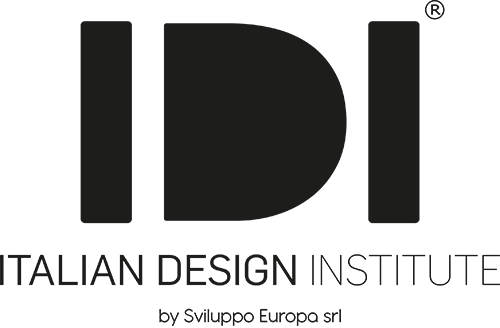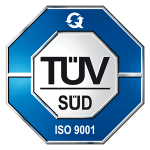
Automotive
Design
Experience
From here starts your educational path,
fill in the form!
Milan
15 March - 4 June 2021
Responsible for the scientific committee: Architect Marco Amadio Education coordinator: Architect Simona Rosaria Tedesco
What you will learn
- Nautical design
- Automotive design
- History and design of the bicycle
- 3D graphics and modelling
- Materials
- Plants and reliefs
- Drawing techniques
The Master's programme
FIRST MODULE - YACHT PROGRAMME:
- Nautical design
- Characteristics of the boating industry
- Boating industry operators
- Salon and fairs boat
- History and techniques of shipbuilding
- History of naval design
- Classification of vessel types
- Terminology of ship design
- State of the art analysis
- How to choose: materials, technologies and production processes
- The brand in nautical design
- Notes of visual communication
- Methods and rules of graphic composition
- Nautical rules and regulations
- Yachting sector
- Regulations and safety on construction sites
- Nautical interior design
- Furnishing of the cabins
- Use of small spaces
- How to match styles
- Fabrics, curtains, trimmings, blinds
- The estimate and the metric calculation
- Color psychology
- Materials and technologies
- Materials, composite ones: how to use
- Natural wood: technological properties and qualification criteria, fields of use
- Semi-finished products of natural wood; semi-finished products and wood-based panels
- Aluminium alloys
- Copper alloys
- Plastics: types, processes and characteristics
- Special alloy
- Ferrous, non-ferrous metals and powder metallurgy; general properties and characteristics; metalworking: forming, cutting, joining and finishing; breaking materials; how to impart strength to metals; steel, cast irons, copper alloys, aluminium alloys, titanium, magnesium: their properties and applications
- Glass: types, hints of processing and treatments
- The furniture: technology and materials
- Furniture and fixtures
- Floors and walls
- How to choose materials in the design phases: main selection criteria
- Ergonomy
- Ergonomics, anthropometry, perceptual psychology
- Symbol and meaning
- Communication and its forms
- Pragmatic communication: codes and their use
- The semiotic square and the significance of objects
- Semiotics of the daily object: case studies
- Logo, brand and advertising: case studies
- Techniques of representation
- Pencil technique: strokes, lines and curves
- Geometric constructions: scale and proportion
- Instruments and scales
- Survey; diagram
- Orthogonal projections; prospective drawing
- Axonometric projection , perspective
- Application of forms, geometries, modules and modular elements study to design and create structures through knowledge and the use of suitable materials
- Display and dimensioning of fixed and mobile connections
- Design software
- Rhinoceros and Cad 2D e 3D: practice exercises
- On-board system, sailing equipment
- Sanitary water system
- Heating system
- Electrical system
- Different systems
- Notes of lighting technology
- Waste water treatment plants
- Plants for naval propulsion
- Engine room
- Sailing Equipment - Deck Equipment
SECOND MODULE - CAR PROGRAMME
- Design
- Automotive
- Car body design
- Concept Car sketching
- Transportation design
- Automotive design history
- Historical-critical, methodological and contextual features of industrial design history
- Historical analysis of the development of theories and fundamental concepts of industrial design and its concrete evolution
of objects - Case studies
- Italian history
- The economic boom and the growth of industrial output (Visit MAUTO)
- Anthropometry and ergonomics
- Car ergonomics : habitability, accessibility, visibility, usability commands, pleasantness, comfort
The man-machine-environment system - Anthropometric measurements
- Cognitive ergonomics: man/machine interface, on-board information systems, driver assistance systems, info node
on-board telematics (interfaces and controls) - The usability and evaluation techniques
- Materials technology
Technological materials: metals, ceramics, polymers, glass, composites, technical fluids, surface coatings, textiles,
rubbers, natural materials, recycled materials, structural adhesives - Cutting-edge materials and design solutions developed on a large scale
Industrial design theory and techniques
Pencil technique: strokes, lines and curves - Geometric constructions: scale and proportion
Project idea: dimensional sketches, three-dimensional sketches - Study and application of shapes, geometries, modules and modular elements to design and build structures
through the knowledge and use of suitable materials - Industrial Design: views and projections, representation of mechanical components
- Design software
Rhinoceros - KeyShot - Modelling - Rendering - McNeel certification
THIRD MODULE - MBK E-BIKE PROGRAMME:
- History and birth of the bicycle:
Historical-critical, methodological and contextual features of industrial design history - Historical analysis of the development of theories and fundamental concepts of industrial design and its concrete evolution
of objects - Case studies
- Italian history
- The economic boom and the growth of industrial output (Visit MILAN)
- Anthropometry and ergonomics
- Car ergonomics : habitability, accessibility, visibility, usability commands, pleasantness, comfort
- The man/machine/environment system:
- Materials technology
- Technological materials: metals, ceramics, polymers, glass, composites, technical fluids, surface coatings, textiles,
rubbers, natural materials, recycled materials, structural adhesives - Innovative materials and design solutions in the E-Bike sector
- Electric MTB design:
Bicycle mechanics and technology - Wheel construction and selection of suitable components
- The geometry and ergonomics of the cyclist, posture and trim
- Shock absorbers study of fork compression and rebound and different types of mono-Bi damped and
hybrids.
Gearbox brakes and ratios - The battery and electric motor, technique and barycentric positioning
- Design software
Rhinoceros - KeyShot - Modelling - Renderin
Job opportunities
At the end of the experience, students will have completed training as E-Car Designer, E-Yacht Dsigner and E-Bike
designers and will be able to find employment in technical studios and style centres of car manufacturers, companies
manufacturers of electric motors, or start your own professional automotive design studio.
The training received will enable them to take care of all phases of a project, from the acquisition and management of statistical data, to the
graphic and 3D design, through to internal communication and external promotion.
At the end of each module, students will be asked to present a project that will be assessed by a
commission of professionals.
Phases of the course
- Preparatory lessons: online platform + final test,
- Textbooks
Classroom phase:
400 hours + 5 educational outings, divided as follows:
- Car:
Start: 15 March 2021
End: 09 April 2021
Total Hours: 144 - Yacht:
Start: 12 April 2021
End: 07 May 2021
Total Hours:128 - Bike:
Start: 10 May 2021
End: 04 June 2021
Total Hours:128
- Project work: 3 projects to be examined at the end
of the experience - Final Examination: presentation of final projects December 2021
- Max. participants: min 20-max 40
- Dissemination of the professional profile at national level
Certifications awarded by the Italian Design Institute:
McNeel Level 1 and Level 2 Certificate
Training course
IDI's Automotive Design Experience is a professional training course divided into 3 modules:
CAR DESIGN, YACHT DESIGN AND E-BIKE DESIGN.
This master's course will allow you to enter an innovative world, learning theoretical and practical techniques for the
design and implementation of a fully sustainable automotive product.
The course will be divided into classroom phases with lectures by experienced lecturers in the field and laboratory phases with the
opportunity to meet professionals, innovative materials and site realities.
The development of the project will take place during the classroom phase, with the help of the teachers, through a direct approach with
materials and design processes in site workshops.
Educational trips to construction sites and test drives on bike and/or mountain bike circuits will be provided. The
student will have to develop a project for each of the three paths, which will be judged by a commission consisting of
professionals.
The best project will have the chance to receive a 50% grant.
How to apply
Fill in the information request form and we will contact you within a few days. In the selection of candidates will be
considered the school and work CV, as well as the motivational letter produced; you can support the application
with a portfolio of previous work. The examining board, having considered these elements, will announce the outcome
selection and admission to the Course/Master's degree by submitting the application form.
Facilitations
Possibility of financing the registration fee; career guidance meeting during the classroom phase;
CV video production during the full-immersion; Re-editing and updating of CV for dissemination to the
companies in the sector at the end of the training course; Recommendations of accommodation in areas surrounding the
conduct of the classroom phase.


